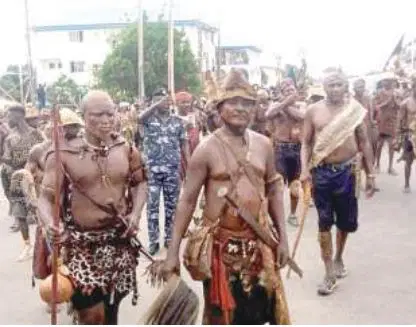Plateau State, a multicultural hub in North Central Nigeria, is facing a grave threat to its indigenous languages and cultural identities. With over 30 ethnic groups, including Berom, Afizere, and Anaguta, the state’s linguistic diversity is being eroded by the dominance of English and Hausa languages
According to UNESCO, Nigeria has between 400-500 languages, with 115 endangered and 25 critically endangered. In Plateau State, languages like Pyem and Iguta are on the brink of extinction due to dwindling numbers and lack of documentation. Dr. Charles Dickson, a social critic, laments the “vanishing tongues” and attributes language extinction to dominant language pressure, economic intrusion, and negative impacts of urbanization.
Parents are increasingly choosing to speak English or Hausa at home, breaking intergenerational transmission of indigenous languages. Institutions, too, play a crucial role in preserving cultural heritage. The National Museum in Jos is working to promote indigenous languages, but more needs to be done.
Despite the challenges, there is hope. Natives and institutions are working to preserve Plateau’s languages and cultural heritage. Samuel Timbau, President of the Amo Development Association, is developing alphabets and documenting proverbs in the Amo language. Others are translating books of the Bible into indigenous tongues.
Language is not just a means of communication; it carries unique cultural, spiritual, and ecological knowledge. Losing a language is a profound loss to human heritage. As Professor Lengji Danjuma, a linguist, notes, “The lack of frequent speaking of native languages has made many languages go extinct across the globe.” He urges mothers to teach and speak indigenous languages at home to preserve cultural heritage.
The situation demands urgent attention. Plateau’s languages are not dying; they are being killed. It’s time to take action to preserve the state’s cultural heritage and linguistic diversity. By promoting indigenous languages and cultural practices, we can ensure that Plateau’s rich cultural identity is preserved for future generations.